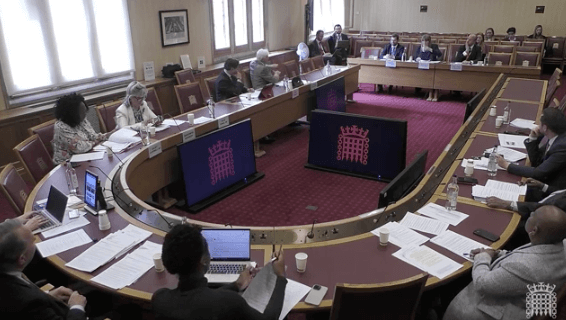Universe Column for August 6th 2006
by David Alton
A few weeks ago a student asked me what subjects he should study as the best preparation for politics: “should I do a degree in politics, economics, law or social sciences…?”he asked.
Now, twenty years ago a working knowledge of Marxist dialectics or the principles of capitalism versus command economies might well have been the best preparation for political life. Today? About as worthless as the endless statues of Lenin and Stalin removed from plinths in public squares and now gathering dust in the safe keeping of museums.
My advice would be to worry less about economic theories and get a good dose of theology and history instead. Although I note that the Prime Minister has cast doubt on the value of teaching history there is no better way of understanding today’s challenges than through a thorough-going understanding of what has gone before. In office, Mr. Blair might himself have been better served by the study of history rather than law.
But if history is a great teacher how can you possibly have any understanding of the awesome issues facing the world today without a thorough going and rigorous knowledge of theology and the great world religions?
Think for a moment about the threat posed by Iran – a theocracy run by radical mullahs – whose President has said that he wants to develop a nuclear weapon with which he will obliterate Israel. Think of Hamas, an Islamic organisation committed to the use of terror, which has been elected to govern Palestine. Think about the offensive Danish cartoons of the prophet Mohammed – and the global riots which they precipitated; or Laskar Jihad’s terrorist attacks in Bali; or the passing of a sentence of execution on an Afghan man because he had become a Christian. And then tell me that you don’t need to know anything about the inter-face of religion and politics..
And, as we head once again towards the anniversary of the September 11th attacks on New York’s twin towers, can anyone truly doubt that religious impulses – for better and worse – penetrate every artery of the political world.
Yet, this is a world in which most people have what’s been called an “invincible ignorance” of Islam and, in the case of many Westerners ,a comparably woeful ignorance of their own Christian religion.
Our political leaders constantly tell us that in this new climate our national security is endangered because of the forces at work all around us: forces about which they remain woefully ignorant. That ignorance leads to the wrong responses – like new laws and new restrictions which lead to the erosion of long cherished civil liberties.
As we promote these measures and castigate Islam and Islamic groups very few people are trying to get to grips with the theological issues, helping to disentangle secular Islam – ideological, militant Islam – from religious Islam, and seeking ways to promote dialogue and coexistence.
Religion is a central part of the challenge – the problem – and it will be a central part of the answer – the solution. Good theology is the antidote to bad theology – and theological ignorance leaves us completely ill-equipped to face the present challenges.
The Foreign Office and most international bodies are deeply secular institutions – with many key officials rightly described as secular fundamentalists. Diplomats are always wary of the “r” word but understanding religious world-views is a prerequisite to working in most parts of the world today.
In my youth I often shared holidays with a good friend – a Catholic priest. One night while enjoying a drink we were treated to the views of an Englishman abroad who, not knowing either of our occupations – gave us the benefit of his many views. He concluded by telling us that two subjects which should never be discussed in polite conversation were religion and politics.
My friend and I gave each other an amused smile.
It’s not just that the world would be rather dull if we had to take Trappist vows about religion and politics – it would be an unreal world, a more dangerous world, an intolerant world. And certainly in today’s climate, tomorrow’s politicians need to understand the complex religious issues that face the world today.
Letter from Professor Gregory H. Stanton Founding President, Genocide Watch, Chair, The Alliance Against Genocide, rebutting the FCDO’s failed policy in dealing with the crime of Genocide.
Letter from Professor Gregory H. Stanton...


